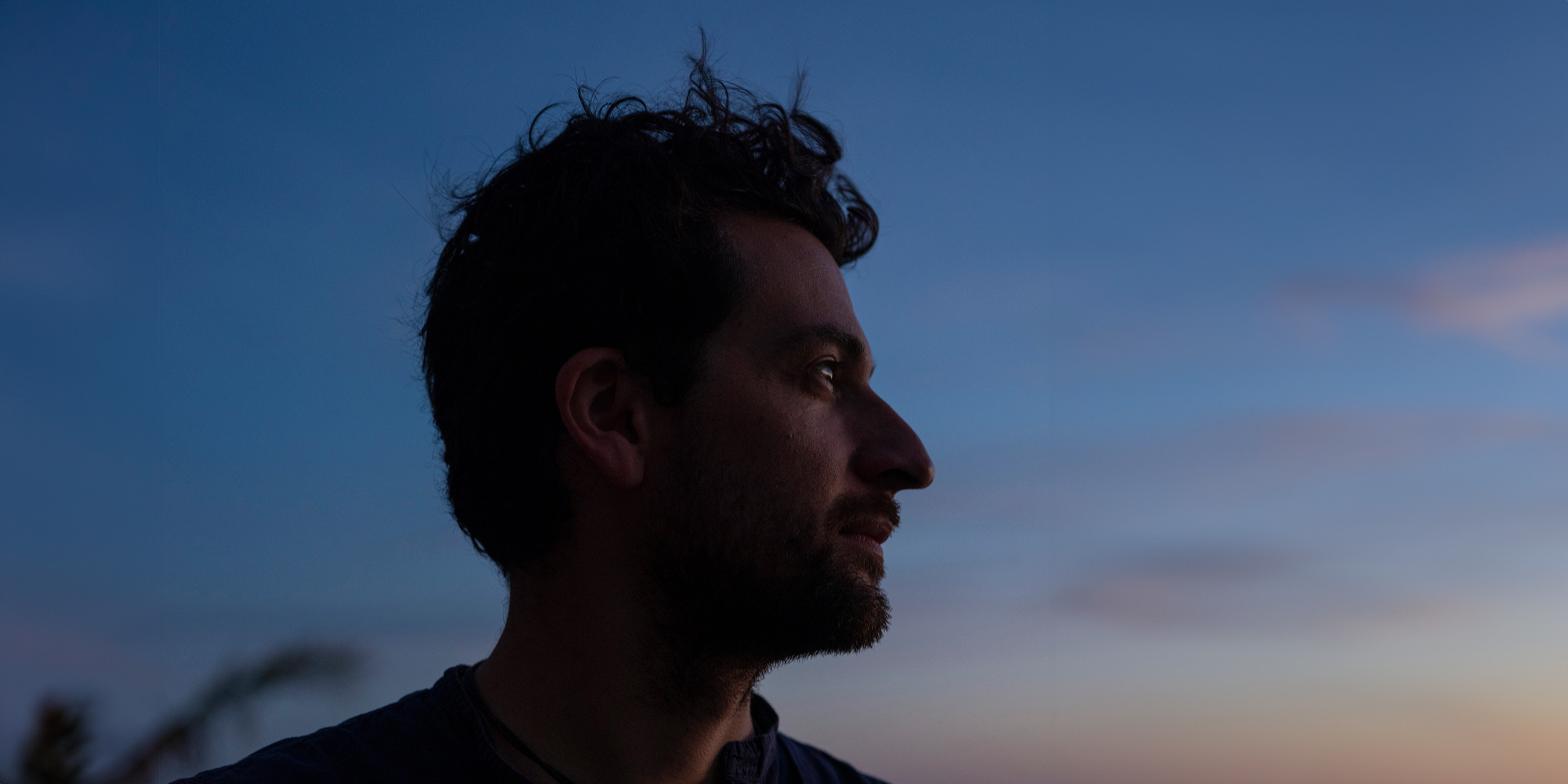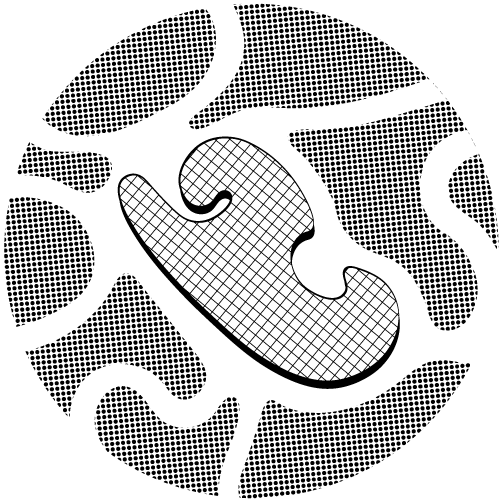
A Different Kind of Intelligence
In the Age of AI, Felipe Castelblanco Searches for a More Organic Form of Knowledge
written by
Cally Jamis Vennare
While most people have their attention turned toward artificial intelligence, School of Art MFA alumnus Felipe Castelblanco is interested in another, non-human form of intelligence. He recently conducted a three-month research trip to remote jungles of Colombia to investigate plant intelligence.
“We’ve been looking at intelligence only through the human lens and through a cognitive process,” Castelblanco says. “There are other intelligences that are more felt. Plants have such a complex biochemistry that responds to changes in the environment and that also fits into our brains, making us sick or healing us, for example.”
Rather than approaching the concept of plant intelligence from a purely scientific standpoint, Castelblanco uses artistic research to uncover knowledge. His work involves photographing plants at night, as well as working with indigenous communities to understand their complex ways of relating to plant intelligence.
The area of Colombia where Castelblanco was stationed, a stretch of land that connects the highlands of the Andes with the lowlands of the Amazon, is a critical ecosystem under duress due to mining, drug trafficking and intensive farming and fishing. All this extractive industrial activity has both destroyed sensitive ecosystems and disrupted indigenous communities.
“I’m interested in how human and vegetal communities interact, cooperate or form an alliance. And how these alliances also develop into resistance movements [to extractive industry],” he says. “Plant intelligence is a way to open new channels of dialogue and thinking around a cultural shift towards the natural world, using art as a vehicle or a catalyst for this conversation.”
Castelblanco came to CMU with a focus in social practice and his conception of the purview of what social practice can mean has expanded since. His work not only deals with human-to-human relationships, but eco-social and bio-cultural relationships; in other words, human-to-non-human relationships and vice versa. He recently completed a Ph.D. in artistic research at the University of Arts Linz and Academy of Art and Design Basel.
While a CMU student, Castelblanco started the Para-Site School, an ongoing project that uses the resources, people and infrastructure of universities to serve those excluded by these institutions. In 2010, he was introduced to a group of “Dreamers,” undocumented youth raised in the United States. At the time, the DREAM Act, which would have provided legal status and a path to citizenship for these young people, had recently been defeated in Congress.
This group told Castelblanco that their dream was to go to college. He told the students, “Let’s enact this dream now and invent a course together,” which was an introduction to video. He says he thought, “I’m not a lawyer or an activist, but one thing I do hold is the keys to the university as an MFA student. I can check out equipment and book rooms, plus I have experience teaching.”
Despite pressure from the university to supply contact information for the group of students, which were sensitive details since the group was undocumented, Castelblanco managed to teach this group clandestinely for a year-and-a-half.
Since leaving CMU, Castelblanco has continued with different iterations of the Para-Site School in Cuba and the Royal Academy of Art in London, among other locations. Most recently, the project channeled money intended for a residency in Basel, which could not be completed due to COVID-19 lockdowns, to indigenous land defenders in Colombia in the same region where Castelblanco conducted his research in plant intelligence.

featuring the following:
image by Matt Eich
learn more: